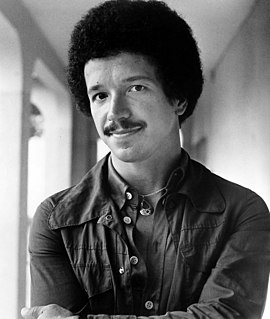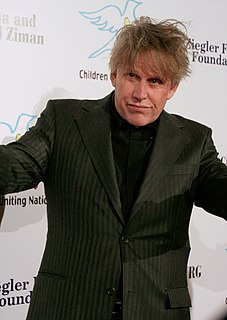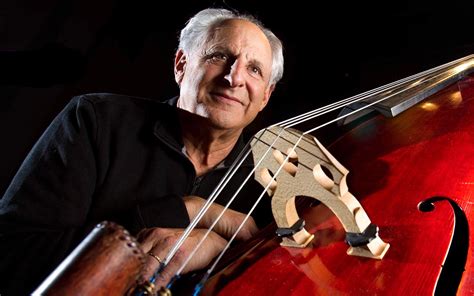A Quote by Keith Jarrett
If you already have a piece of music ingrained in your body, why would you not play it?
Related Quotes
That's why I'm so passionate about making music for movies because you dive in and find the best ideas to bring tolife a collective piece of art. ... [Composing] is not a job for me. And that explains why I never stop. Even though it's tough on your body and your brain and the sacrifices you have to make, what can I do? I'm passionate about it so I never stop.
Imagine the peace symbol. The peace symbol has three pieces in it. One piece is emotion, that's your body. Another piece has spirit in it, that's your fuel. Another piece has intellect in it and that's your steering wheel. You can never overdo the fuel that goes into the body, which is the emotions and the steering wheel to drive it.
Even you, who’ve lived inside your body for 64 years, would apparently be unable to recognize your foot in an isolated photograph of that foot, not to think of your ear or one of your eyes or elbow, also familiar to you in the context of the whole, but utterly anonymous when taken piece by piece. We are all aliens to ourselves, and if we have any sense of who we are, it is only because we live inside the eyes of others.
The stress that we [with Abilities] always feel is trying to continue advancing with our music. That's our plight, it's ingrained in our personalities. We feel like we're trying to race the world of music itself - just trying to create the best music, and as soon as we get done with one piece we're trying to figure out how to top it.
I just remember music always being a part of my life. I was never like, "I'm gonna be a rock star," or "I'm gonna be in a band." It was more "I just play piano, and I'm always going to play piano. That's who I am and that's cool." I think music became so ingrained in me that it was not even my choice.
I would say there is a conversation happening between your body and mind all the time. Even when you're sleeping, your body is communicating the information to your mind. And so to me it feels like, why not harness that? If it's happening all the time, why not control the content of the conversation?
If you arrive at a concert ready to play your piece, that's not nearly good enough. You must have your music ready to the point where you can play it on a short rehearsal, after a long plane flight, on a strange piano, having had an unpleasant lunch, in an unfriendly atmosphere. You have to be so over-prepared that you can cope with anything.
There's very little to be said for learning a piece note by note, reading the rhythmic markings, practising the fingerings and following your instructor's suggestions, if you haven't any idea how the music will eventually sound and feel. If you learn a piece mechanically, you may have to 'unlearn' it before you can play it with expression and feeling.






































